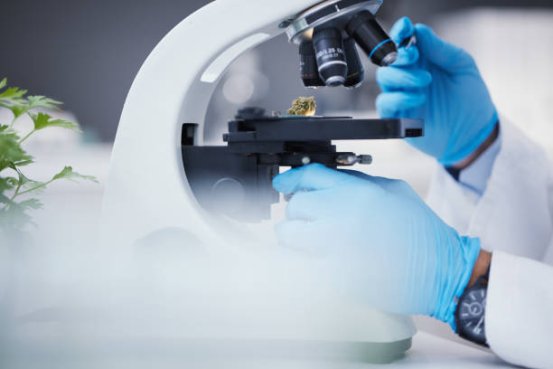Proteomics Microbial Sequencing has become one of the most powerful tools in modern laboratory diagnostics. By integrating protein-level data (proteomics) with DNA sequencing, scientists can map out the composition and activity of microbial communities in unprecedented detail.

Traditional culture-based microbial testing can only identify a fraction of existing microorganisms. In contrast, proteomics microbial sequencing reveals both the presence and function of microbes, allowing clinicians to understand how they influence human health. This comprehensive view is particularly important for studying complex conditions such as inflammatory bowel disease, chronic infections, and metabolic disorders.
In practical lab settings, the process involves extracting microbial proteins and genetic material from samples such as blood, stool, or environmental swabs. Advanced mass spectrometry and sequencing technologies then generate detailed molecular profiles. Bioinformatic algorithms interpret these results, transforming raw data into clinically meaningful insights.
The benefits of this technology extend beyond diagnosis. It can guide targeted therapies, monitor treatment outcomes, and even support drug development by identifying microbial biomarkers. Additionally, industries such as food production and pharmaceuticals use microbial sequencing to ensure safety and quality.
With its ability to detect thousands of microbial species simultaneously, proteomics microbial sequencing represents a major leap forward in laboratory testing services. It exemplifies the shift toward precision diagnostics, where understanding microbial dynamics becomes key to improving both individual and public health.
